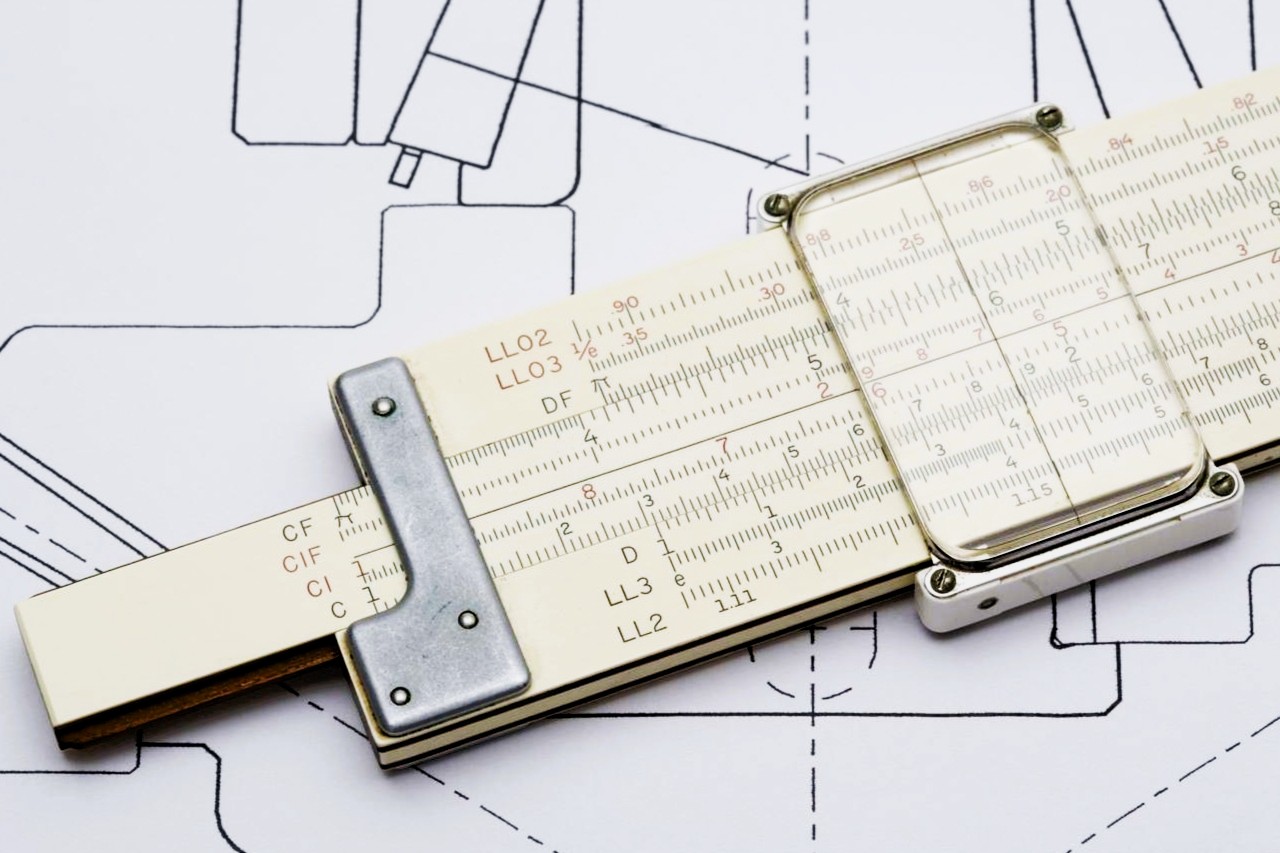The Baby Boomer generation grew up in a different world, one that was shaped by societal norms, technological limitations, and educational practices that have since evolved. Many of the things they learned in school were important at the time, but today, they seem outdated or even irrelevant. If you’re a Baby Boomer looking back at your school days, or a younger person curious about what school was like back then, this listicle will give you a fun and insightful look into how education has changed over the decades. From teaching methods to outdated knowledge, here are 12 things Baby Boomers learned in school that are totally irrelevant today.
1. Memorizing Phone Numbers
Before the age of smartphones, memorizing phone numbers was an essential skill. Baby Boomers were taught to remember long strings of digits for their home, friends, and businesses. Today, with smartphones storing thousands of contacts, there’s no need to commit phone numbers to memory. Instead, we rely on our devices to manage and dial numbers for us, rendering this skill practically obsolete.
2. Learning to Write in Cursive
Cursive handwriting was a staple of education for Baby Boomers. Students spent hours perfecting their loops and swirls to ensure they could write in a way that was considered proper and legible. However, in today’s digital age, cursive is rarely used outside of signing your name. With the rise of typing, emails, and text messages, cursive writing has become a skill that few people actively use.
3. Using a Typewriter
Typewriters were once the go-to tool for writing essays, reports, and letters. Baby Boomers learned to type on these mechanical machines, which required precision and effort. Now, with computers and word processors, typing has become much easier and more efficient. Features like spell check, auto-correct, and instant editing have made typewriters a thing of the past.
4. Memorizing the Periodic Table
While chemistry is still a vital subject, the need for students to memorize the entire periodic table of elements has diminished. With access to the internet and smartphones, students can quickly look up any element they need, making rote memorization unnecessary. Today, the focus is more on understanding concepts and practical applications of science, rather than memorizing vast amounts of data.
5. Using a Map and Compass
Before GPS, Baby Boomers learned how to read paper maps and use a compass for navigation. While map reading and compass skills were once essential for travelers, today’s smartphones and GPS devices provide real-time navigation, rendering traditional navigation skills largely irrelevant. The ease of using digital maps has made learning to use a physical map and compass a distant memory for most people.
6. Learning Long Division Without a Calculator
In the past, long division was a significant part of elementary education, and students were taught to perform complex calculations by hand. While math skills are still essential, the widespread use of calculators (and smartphones) has made doing long division by hand less necessary. Today, students can rely on digital tools to do the heavy lifting, allowing them to focus on more advanced problem-solving techniques.
7. The Dewey Decimal System
In the days before digital libraries, the Dewey Decimal System was the primary way to organize books in libraries. Baby Boomers were taught how to use this system to find books by subject, author, and genre. Today, with the advent of digital catalogs and online search engines, the Dewey Decimal System is no longer necessary for most people. Searching for books is as easy as typing a few keywords into a computer or smartphone.
8. Learning to Make a Carbon Copy with a Carbon Paper
Before the days of digital copies, Baby Boomers learned how to make carbon copies of documents using carbon paper. This was a common method for duplicating important papers in offices and schools. Now, with the ability to scan, photocopy, or email documents instantly, the need for carbon paper has all but disappeared, making it a skill that no longer holds any practical value.
9. Memorizing State Capitals
While knowing state capitals was once an important part of geography education, this skill has become less relevant in today’s world. With instant access to information online, students no longer need to memorize facts like the capital of Wyoming or Vermont. Instead, modern education focuses on critical thinking and global awareness, with an emphasis on understanding geographic and political concepts rather than rote memorization.
10. Learning to Sew by Hand
Home economics classes were a staple in many Baby Boomers’ education, and sewing by hand was a key component of these lessons. While sewing is still a valuable skill for some, it’s not as essential in the modern world, where ready-made clothing is mass-produced and cheap. Many people today rely on professional tailors or clothing stores for repairs, making the skill of hand-sewing less common and less necessary for everyday life.
11. The Importance of Learning to Write in a “Formal” Style
In the past, students were taught to write in a very formal, structured style, particularly for essays and reports. This often involved strict rules for sentence structure, tone, and word choice. Today, however, communication has become much more casual, especially with the rise of texting, social media, and informal online writing. While formal writing is still important in certain contexts, it’s no longer the sole focus of education, and the emphasis has shifted to clarity, creativity, and personal expression.
12. Learning to Use a Slide Rule
Before calculators, the slide rule was the go-to tool for making quick calculations in science and engineering. Baby Boomers learned to use this mechanical device to perform mathematical operations like multiplication, division, and square roots. Today, with the availability of electronic calculators and computers, the slide rule is no longer used or taught, making it an obsolete tool in the modern world.
Final Thoughts
The educational landscape has changed dramatically since the days of Baby Boomers. While many of the skills they learned were essential for their time, technological advancements and societal shifts have made them largely irrelevant today. From the rise of smartphones and GPS to the move away from handwriting and memorization, the way we learn and interact with the world has evolved. While it’s important to remember and appreciate the skills of the past, it’s equally important to embrace the new tools and knowledge that shape our present and future. The world may have changed, but the value of adaptability and lifelong learning remains timeless.














